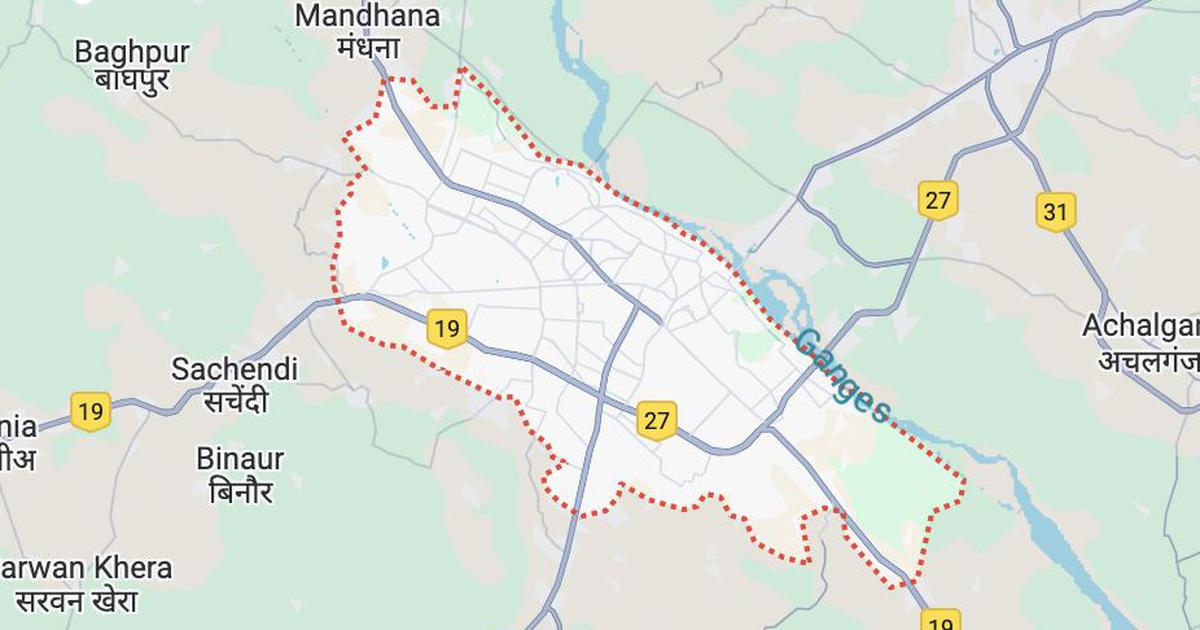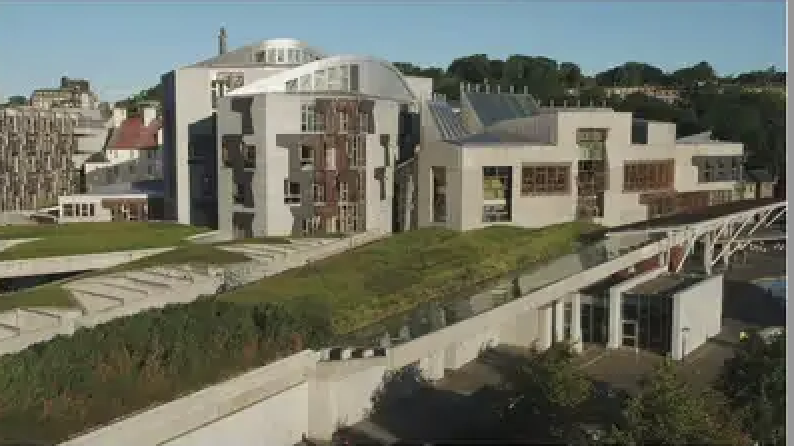
Muslims in the north-eastern Indian state of Tripura, which shares a border with Bangladesh, have been under attack from radicalised Hindu nationalists for seven consecutive days, resulting in the fiery destruction of mosques and Muslim-owned businesses and homes, along with the displacement of hundreds of families.
Several Muslim women filed police complaints, alleging that they had been sexually assaulted by right-wing Hindu men.
The violence erupted after right-wing groups, including militant Hindutva organisations Vishwa Hindu Parishad (VHP) and Rashtriya Swayamsevak Sangh (RSS), held a series of rallies across the state last Tuesday to protest against recent attacks on the minority Hindu community in Bangladesh.
“Seeing the violence against minorities is perhaps one of the most shameful chapters in my political life,” said Pradyot Bikram Manikya Debbarma, head of the Indigenous Progressive Regional Alliance. “I don’t see any logical reason for such retaliation to what is happening in Bangladesh.”
But, whereas attacks against Hindus by Muslims in Bangladesh have received around-the-clock coverage from mainstream Indian media outlets, along with statements of condemnation from the country’s political leaders, the past week’s non-stop violence against Muslims by Hindus in Tripura has been completely ignored – thus affirming suspicions that anti-Muslim violence enjoys the tacit approval of the Indian Government. This is particularly the case because Narendra Modi’s BJP administration has the power to stop and prevent these attacks against Muslims in Tripura but has not.
“The chief minister and state administration seems to be completely ignoring this outbreak, even as they appease the Hindutva forces with incendiary statements,” said Mohammad Salman Ahmad, national president of Students Islamic Organisation India, said. “We demand immediate state action to halt the violence and swift action against the perpetrators.”
The violence comes barely three weeks after Indian security forces carried out a violent forced eviction drive against Muslim migrants in nearby Assam, whom members of the Indian Government – including the Home Affairs Minister Amit Shah – stigmatise as ‘foreign invaders’ and ‘Bengalis’.
Indian National Congress, the country’s key opposition party, has condemned the Government’s inaction and anti-Muslim rhetoric and policies, tweeting: “After Assam and Mizoram, now Tripura burns with violence and hate. The BJP is failing the people of the north-east… we urge the Government to take action.”
While violent hate crime attacks against Muslims have surged year after year since Prime Minister Modi swept to power in 2014 on the back of a muscular Hindu nationalist ideology – which vilifies Muslims and other religious minorities as external threats to the ‘Hindustan’ project – Muslims in the north-east of India have generally enjoyed relative peace, at least since a violent insurgency rocked the region in the 1990s.
“It is a cause for concern that, after nearly two decades of relative peace, the north-east has started to simmer again,” an editorial in the Indian Express observed. “Old fault lines – of land, language, ethnicity, faith – have once again started to shape political mobilisations in the region.”
The ‘old fault line’ is the Radcliffe Line – a legacy of British rule, which marked the boundary between the newly independent states of India and Pakistan during the 1947 Partition. This included the division of the Hindu-majority West Bengal (which became part of India) from Muslim-majority East Bengal (which became East Pakistan – or what is known today as Bangladesh). Some of the country’s worst intercommunal massacres, including the 1946 Calcutta Riots, which left more than 15,000 Muslims and Hindus dead, have occurred on either side of this modern-day border.
Worryingly, the Indian Government appears to be deliberately exacerbating tensions among Hindu communities in north-east India and Bangladesh by implementing policies that ‘other’ Muslims as a threat to Hindus and Hinduism – including the controversial Citizenship Amendment Act and the National Register of Citizens (NRC), while chanting anti-Muslim slogans such as ‘Hindu khatre mein hain‘ (‘Hindus are in danger’).
“The NRC is feeding both nationalist and fundamentalist fringes in India as well as Bangladesh,” observed Hossain Delwar in The Diplomat. “Inflaming the old Assamese nationalism blended with newly injected Hinduism, the BJP leadership has continuously threatened to push Bengali-speaking Muslim people toward Bangladesh, terming them as illegal Bangladeshi migrants.”
The consequences of this manufactured animosity became acutely evident on 25 September, when a video emerged of a Hindu photographer jumping up and down triumphantly upon the body of a Muslim man, who had been shot and killed seconds earlier during a Government-forced eviction drive in Assam.
With the rise of Modi, “stomping on a Muslim corpse now has a gloss of patriotic righteousness to it,” said Debasish Roy Chowdhury, co-author of To Kill A Democracy: India’s Passage to Despotism. “Bigoty is now a badge of honour.”
To illustrate the Indian Government’s drive to radicalise the country’s Hindu-majority, particularly in the north-east of the country, one only needs to contrast and compare how the Bangladeshi Government and public have responded to these recent communal tensions.
Not only has the Bangladeshi Prime Minister, Sheikh Hasina, vowed to “hunt down” those responsible for attacks against Hindus – a promise which she has followed up with mass arrests – but the country’s most prominent human rights and civil society groups have come forward to condemn violence against religious minorities.
Meanwhile in India, neither Prime Minister Modi or Home Minister Shah has uttered a word of condemnation of the past week’s violence against Muslims in Tripura, with the perpetrators remaining free and the mainstream media silent.
All of these are the tell-tale signs of a country edging ever closer towards fascism and genocide.
This story first appeared on bylinetimes.com






